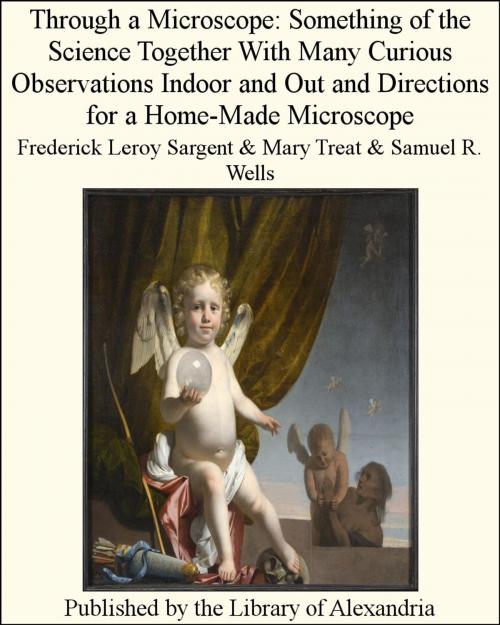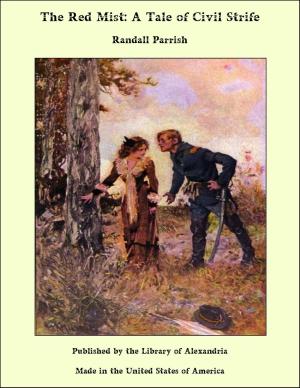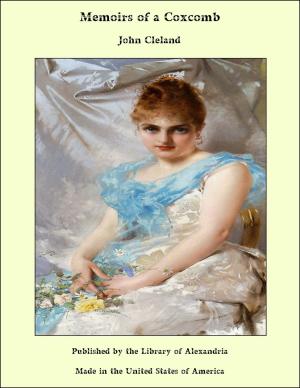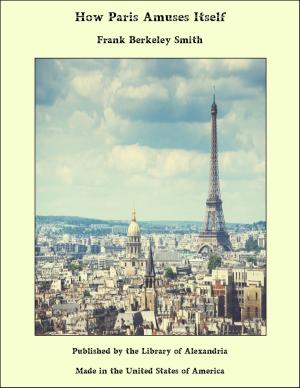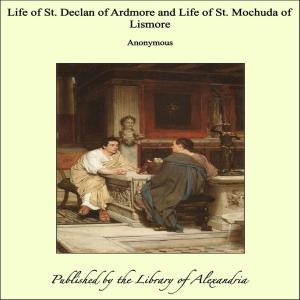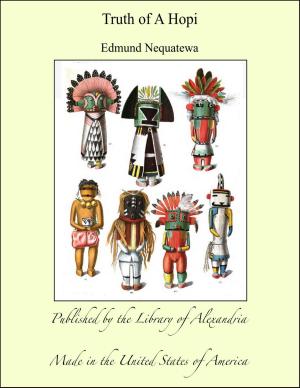Through a Microscope: Something of the Science Together With Many Curious Observations Indoor and Out and Directions for a Home-Made Microscope
Nonfiction, Religion & Spirituality, New Age, History, Fiction & Literature| Author: | Frederick Leroy Sargent | ISBN: | 9781465519894 |
| Publisher: | Library of Alexandria | Publication: | March 8, 2015 |
| Imprint: | Language: | English |
| Author: | Frederick Leroy Sargent |
| ISBN: | 9781465519894 |
| Publisher: | Library of Alexandria |
| Publication: | March 8, 2015 |
| Imprint: | |
| Language: | English |
These poems have been written under various, and, in some cases, difficult, conditions: in the open air, "with team afield;" in the student's den, with the ghosts of unfinished lessons hovering gloomily about; amid the rush and roar of railroad travel, which trains of thought are not prone to follow; and in the editor's sanctum, where the dainty feet of the Muses do not often deign to tread. Crude and unfinished as they are, the author has yet had the assurance to publish them, from time to time, in different periodicals, in which, it is but just to admit, they have been met by the people with unexpected favor. While his judgment has often failed to endorse the kind words spoken for them, he has naturally not felt it in his heart to file any remonstrances. Of course he does not expect to escape, what he needs so greatly, the discipline of severe criticism; for he is aware that he has often wandered out of the beaten track, and has many times been too regardless of the established rules of rhythm, in his (oftentimes vain) search for the flowers of poesy. But he believes that The People are, after all, the true critics, and will soon ascertain whether there are more good than poor things in a book; and whatever may be their verdict in this case, he has made up his mind to be happy. W. C
These poems have been written under various, and, in some cases, difficult, conditions: in the open air, "with team afield;" in the student's den, with the ghosts of unfinished lessons hovering gloomily about; amid the rush and roar of railroad travel, which trains of thought are not prone to follow; and in the editor's sanctum, where the dainty feet of the Muses do not often deign to tread. Crude and unfinished as they are, the author has yet had the assurance to publish them, from time to time, in different periodicals, in which, it is but just to admit, they have been met by the people with unexpected favor. While his judgment has often failed to endorse the kind words spoken for them, he has naturally not felt it in his heart to file any remonstrances. Of course he does not expect to escape, what he needs so greatly, the discipline of severe criticism; for he is aware that he has often wandered out of the beaten track, and has many times been too regardless of the established rules of rhythm, in his (oftentimes vain) search for the flowers of poesy. But he believes that The People are, after all, the true critics, and will soon ascertain whether there are more good than poor things in a book; and whatever may be their verdict in this case, he has made up his mind to be happy. W. C
